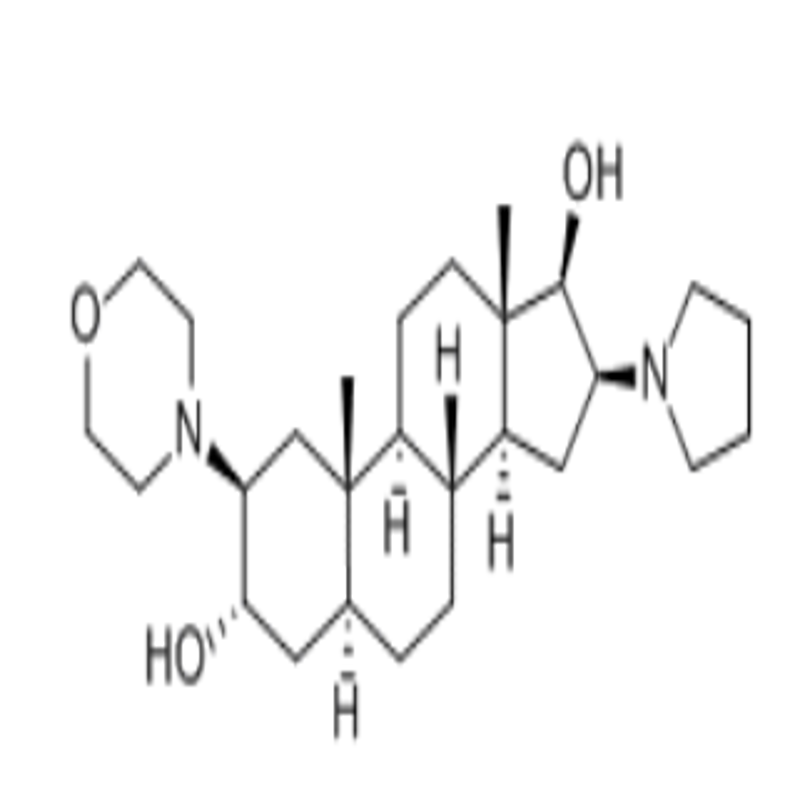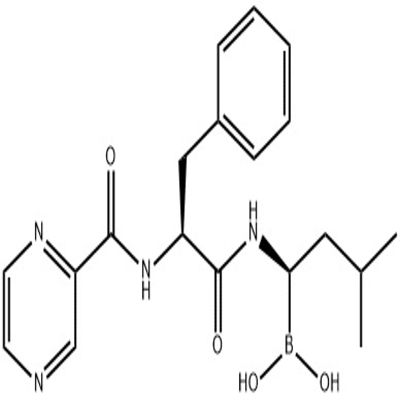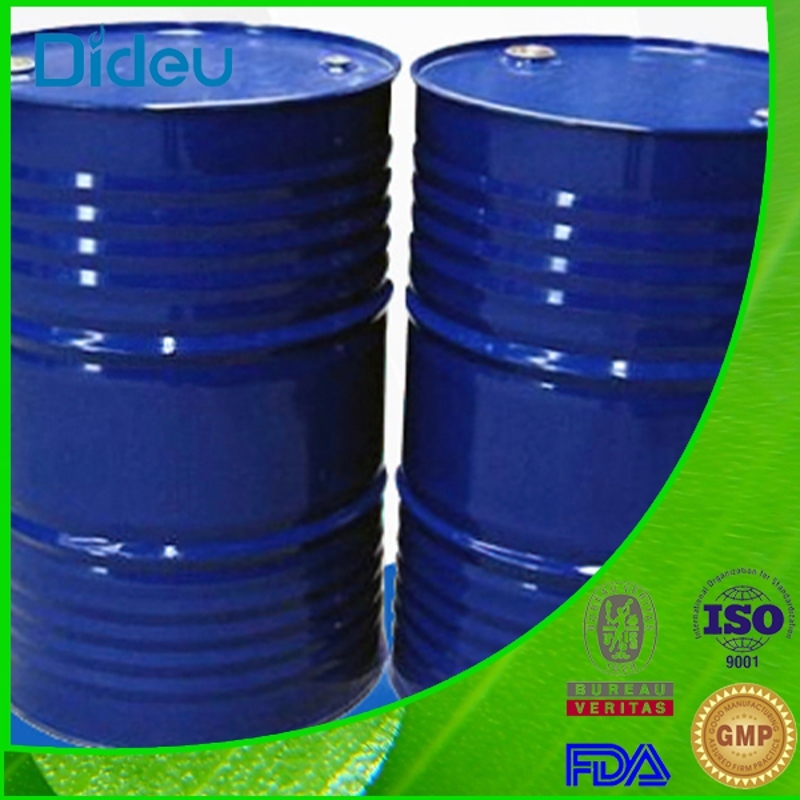-
Categories
-
Pharmaceutical Intermediates
-
Active Pharmaceutical Ingredients
-
Food Additives
- Industrial Coatings
- Agrochemicals
- Dyes and Pigments
- Surfactant
- Flavors and Fragrances
- Chemical Reagents
- Catalyst and Auxiliary
- Natural Products
- Inorganic Chemistry
-
Organic Chemistry
-
Biochemical Engineering
- Analytical Chemistry
-
Cosmetic Ingredient
- Water Treatment Chemical
-
Pharmaceutical Intermediates
Promotion
ECHEMI Mall
Wholesale
Weekly Price
Exhibition
News
-
Trade Service
2,4-DICHLORO-6-ETHYL-5-FLUOROPYRIMIDINE: A CRITICAL CHEMICAL IN THE CHEMICAL INDUSTRY
2,4-Dichloro-6-ethyl-5-fluoro-pyrimidine, commonly referred to as 2,4-Dichloro-5-Fluoro-pyrimidine (2,4-DFP), is a critical chemical in the chemical industry.
It is used in various industrial processes, including the production of pharmaceuticals, agrochemicals, and other chemical products.
2,4-DFP has several unique properties that make it an ideal chemical for various industrial applications.
One of the key properties of 2,4-DFP is its ability to inhibit the activity of phosphatases, which are enzymes that dephosphorylate other molecules.
By inhibiting the activity of phosphatases, 2,4-DFP can modulate signaling pathways in cells, leading to changes in cellular behavior.
This property of 2,4-DFP has led to its use in the production of certain types of pharmaceuticals, particularly those that target signaling pathways in cancer cells.
In addition, 2,4-DFP is used in the production of agrochemicals, particularly those that control weed growth.
Another unique property of 2,4-DFP is its ability to cross cell membranes.
This property makes it an ideal chemical for studying intracellular signaling pathways, as it can be used to introduce specific compounds into cells and monitor the effects of these compounds on cellular behavior.
The use of 2,4-DFP in the chemical industry is not without its risks, and proper handling and storage procedures must be followed to minimize the risks associated with this chemical.
Proper handling and storage of 2,4-DFP include keeping the chemical in a cool, dry environment, storing it away from sources of ignition, and ensuring that appropriate personal protective equipment is worn when handling the chemical.
In addition to its use in the production of pharmaceuticals and agrochemicals, 2,4-DFP has a number of other potential industrial applications.
It is currently being investigated as a potential treatment for certain neurodegenerative diseases, and it is also being explored as a potential tool for studying cellular behavior and signaling pathways.
Overall, 2,4-DFP is a critical chemical in the chemical industry, with a range of unique properties that make it ideal for various industrial applications.
Its ability to modulate cellular behavior and cross cell membranes makes it a valuable tool in the development of new pharmaceuticals and agrochemicals, and its potential for other industrial applications is also being explored.
Despite its potential benefits, proper handling and storage procedures must be followed to minimize the risks associated with this chemical.







